MIPS Program Impact
705
Maryland companies have used MIPS to develop products through 1,003 projects
14,000
Current, direct jobs created
27,000
Total jobs supported
$52.7B
Revenue from top MIPS-supported products
63%
Of ALL startups funded by MIPS since 1987 are still in business today
87%
Of MIPS-funded startups still in business five years later
$125M
Annual tax revenues to counties from MIPS companies
$166M
Annual tax revenues to the state from MIPS companies
41 to 1
Cumulative return on investment to the state, per MIPS dollar
Heading
“When we started, we could not afford our own lab space in Baltimore City. With the help of MIPS, we were able to have access to a partner’s lab. That was really a game-changer. Without that, we would not have been able to verify our technology and we would not be here today.”
—Mustafa Al-Adhami, CEO, Astek
MIPS at a Glance
Leading Products Aided by MIPS Projects
Learn about how MIPS projects helped industry-leading Maryland companies develop successful products.
- MedImmune’s first major product, Synagis, received crucial support from MIPS projects in the early, pre-market days of the company.
- Synagis is a vaccine for RSV.
- Synagis has $18B in total sales to date.
- Bowie State MIPS projects helped secure patents on Synagis.
- UMBC projects helped achieve FDA approval of the Synagis manufacturing process.
- MedImmune was acquired by AstraZeneca for $15.6B and stayed and grew in Maryland.
- AstraZeneca has created 10,000 jobs in Maryland

HughesNet, by Hughes Network Systems, Germantown, MD
- HughesNet is the world's leading broadband by satellite service. Formerly called DirecWAY, DirectPC.
- $31.2B in revenue
- Acquired by EchoStar for $2B
- More than 2 million systems ordered or shipped to customers in 100 countries
- System based on breakthrough algorithms designed by John Baras, UMD Professor, under MIPS funding

Highlighted Recent MIPS Companies and Projects
Silvec Biologics, Gaithersburg, MD
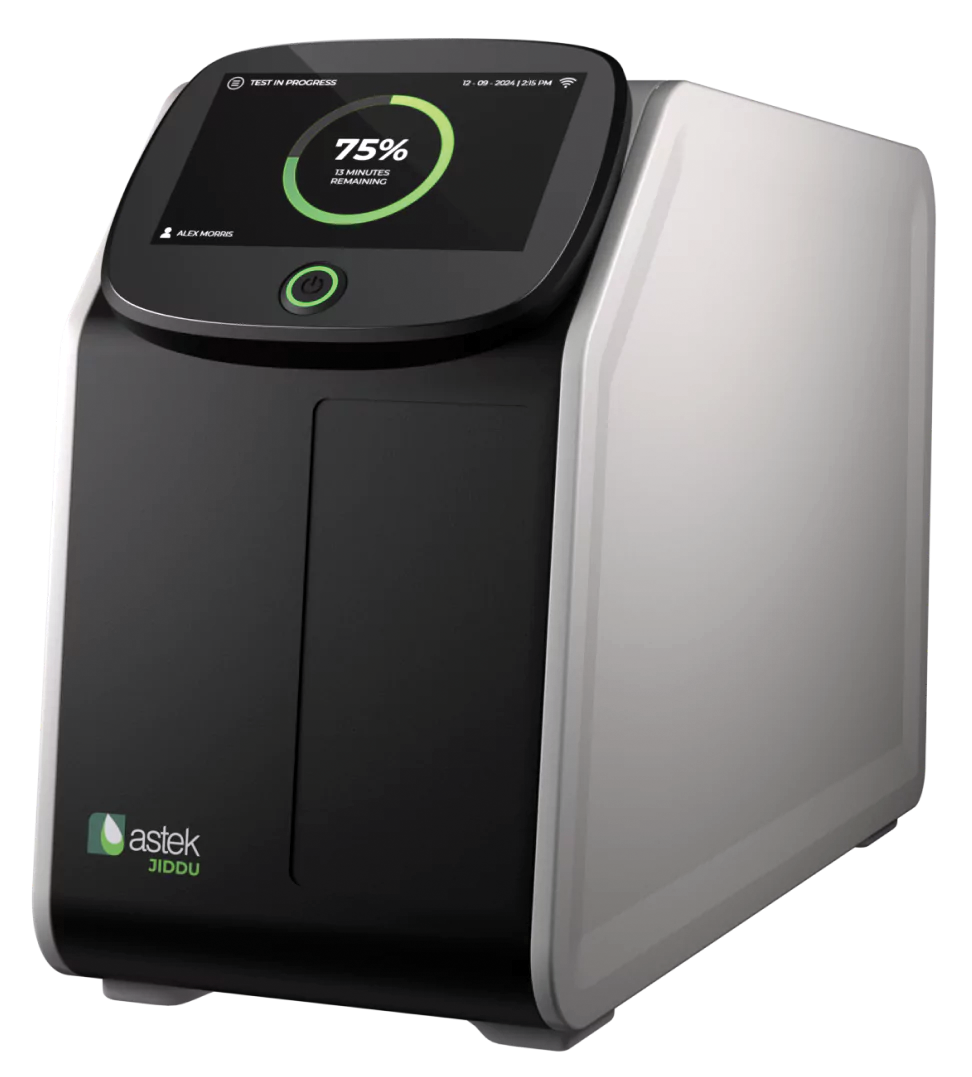
Baltimore-based Astek Diagnostics is developing a point-of-care infection test system that can determine, within an hour, whether a patient has a urinary tract infection and which antibiotics are likely to be effective for treatment.
There were 8.1 million UTI-caused hospital visits in the U.S. last year, while 47 percent of those cases were treated with inappropriate antibiotics, according to the company. What’s more, 25 percent of sepsis cases were caused by UTIs. Overall, the cost of the mistreatment of UTIs across the U.S. was $1.6 billion.
While the company plans to go to market with its UTI system in 2025, its broader vision is to develop a test, through its Jiddu Platform, to confirm bacterial infections and assess antibiotic sensitivity across four sample types: urine, cerebrospinal fluid, effluent (wound exudate), and blood.
Astek CEO Mustafa Al-Adhami is a University of Maryland, Baltimore County alumnus, M.S. ‘15, Ph.D. ‘20, mechanical engineering.
The company licensed its testing technologies from the University of Maryland, Baltimore County. Al-Adhami is one of the inventors on the patent.
Astek has engaged in four MIPS projects, including one phase two: “Eugris: One-Hour Antibiotic Sensitivity Testing,” “One-hour Antibiotic Sensitivity Testing for UTI” (two phases), and “Design Generation of Microfluidic Devices Using AI.”
Funding:
Astek has raised $5.3 million in investment funding, with backers such as the Abell Foundation, Ayana Capital, TEDCO, Maryland Momentum Fund, and Y Combinator. The company has also garnered $2.3 million in non-dilutive grant funding from sources that include the NSF, FDA, and NIH.
Programs:
MIPS, I-Corps, Maryland Momentum Fund
“When we started, we could not afford our own lab space in Baltimore City. With the help of MIPS, we were able to have access to a partner’s lab. That was really a game-changer. Without that, we would not have been able to verify our technology and we would not be here today.”
—Astek CEO Mustafa Al-Adhami
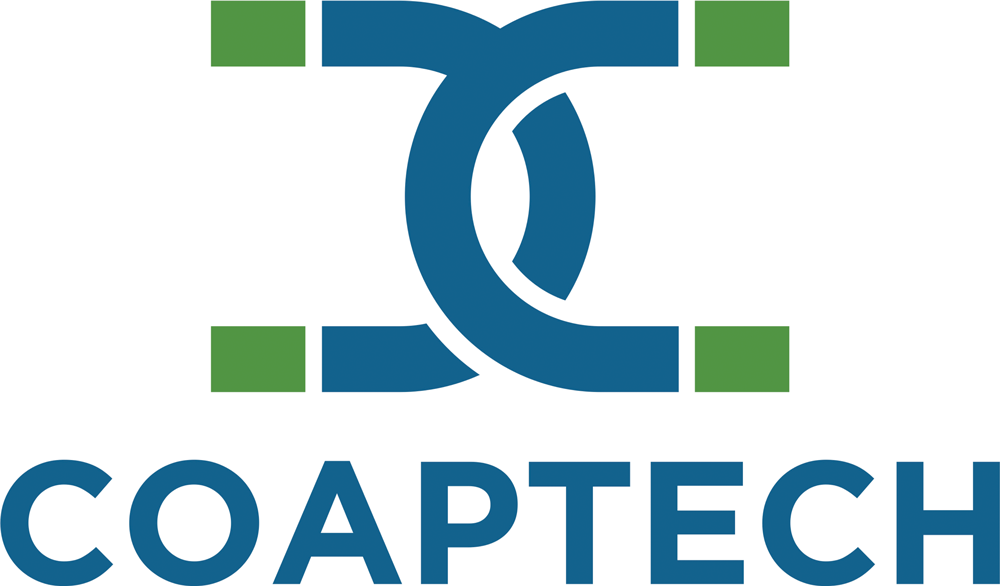
CoapTech is bringing breakthrough medical devices to market, including its PUMA Platform, enabling procedures using point-of-care ultrasound in hollow organs.
MIPS, I-Corps

RedShred redefines conventional data management by turning technical documents into a database, including document processing and AI analysis, through a user-friendly API designed for developers and data scientists.
MIPS, I-Corps
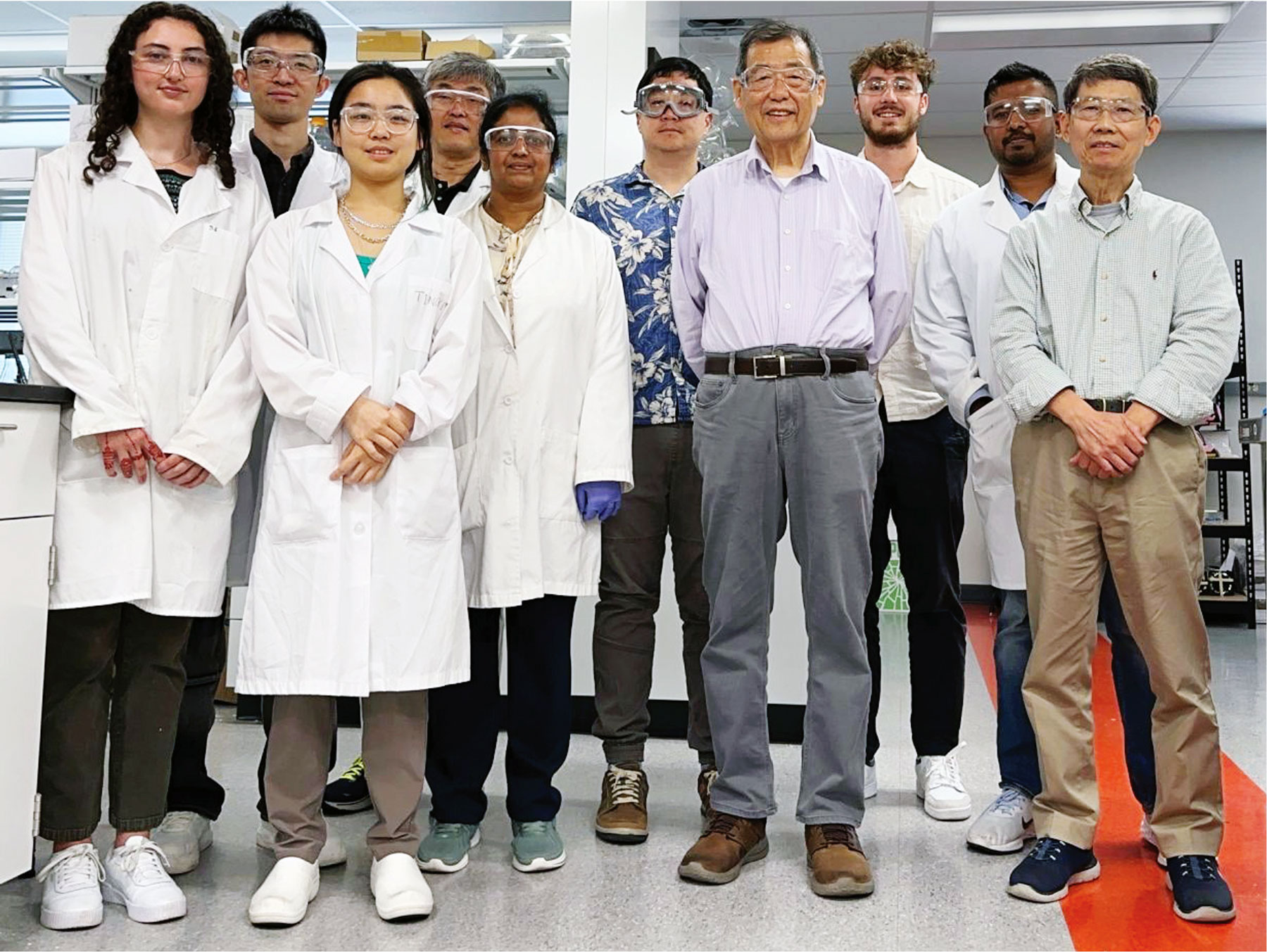
Rockville-based Liatris is commercializing high-performance insulation that is easy to install, environmentally friendly, non-flammable, and non-toxic.
The company’s insulation products are designed to fill an increasingly critical need for fire resistance in buildings while not sacrificing any of the key strengths of today’s insulation.
For its insulation, Liatris is developing a proprietary nanocomposite using readily available inorganic materials (eliminating highly flammable organic plastics) and controlling the properties of materials at a much smaller scale—micro and nano. The result is insulation that is more effective, non-flammable, and better for the environment.
The company’s product is designed to be a drop-in replacement for foam insulation, with the non-combustibility of mineral wool, and the potential to achieve the industry’s lowest installed costs.
Liatris has engaged in five MIPS projects, including one phase two: “Industrial Insulation Using Low-Cost Nanopore Foam” (two phases), “Non-Flammable Cellulose Based Building Insulation,” “Machine Learning Enhancement of Aerogel Insulation,” and “AI Enabled Design of Ultra-Durable Insulation Film.”
Funding:
$6.1 million
Employees:
9
Programs:
MIPS, I-Corps
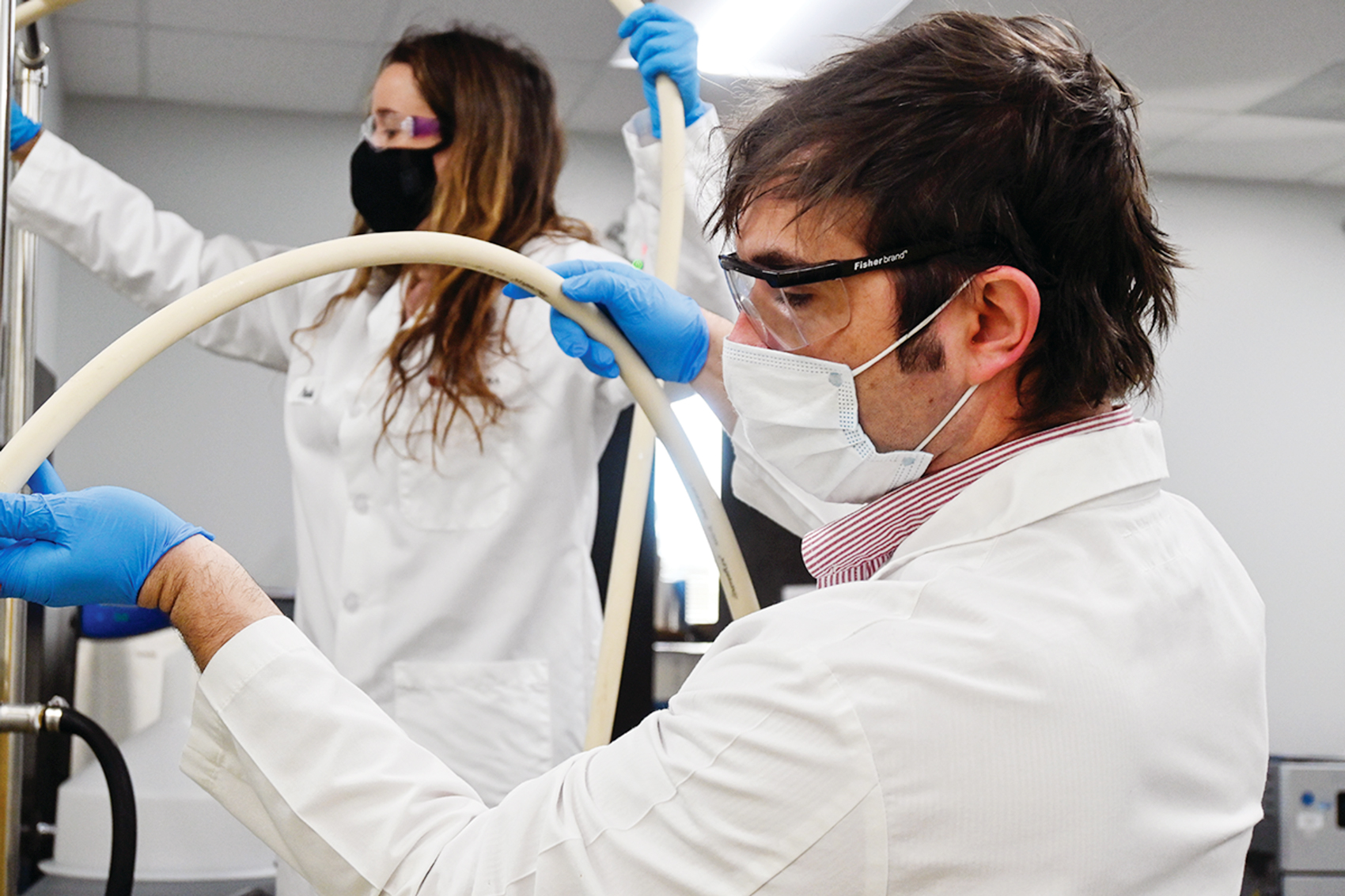
Medcura, Inc. is a commercial-stage medical device company developing versatile hemostatic products serving surgical, medical, and consumer market opportunities.
The company’s proprietary technology platform combines safe, inert ingredients with patented chemistries, all aimed at introducing lower-cost products capable of safely and effectively controlling bleeding across a broad spectrum of clinical applications.
Medcura has received FDA Breakthrough Device Designations for LifeGel™, which controls surgical bleeding for spine surgeries, and LifeFoam™, a hemostatic agent for traumatic wounds.
Medcura’s products use a proprietary modification of chitosan, a nontoxic, biodegradable biopolymer found in the shells of crustaceans and certain plants, to stop bleeding while preventing harmful bacteria from growing. It’s an invention of company co-founder Matthew Dowling Ph.D. ’10, who started researching the material as a bioengineering student in the A. James Clark School of Engineering in the lab of Department of Chemical and Biomolecular Engineering Professor Srinivasa Raghavan.
Dowling is now Medcura’s chief scientific officer and director.
Medcura has acquired five FDA clearances, two FDA Breakthrough Device Designations, 28 issued patents, and more than ten peer-reviewed articles in high-impact scientific journals.
Medcura has engaged in six MIPS projects, including one phase two project.
Funding:
$49.75 million
Programs:
31

Programs:
MIPS, Mtech Ventures, Dingman Center for Entrepreneurship, Discovery District
“gel-e [now Medcura] simply would not be alive and thriving without the support of MIPS. Our 2008 MIPS grant was the first substantial research grant that we received.”
—Matthew Dowling, chief scientific officer and director, Medcura
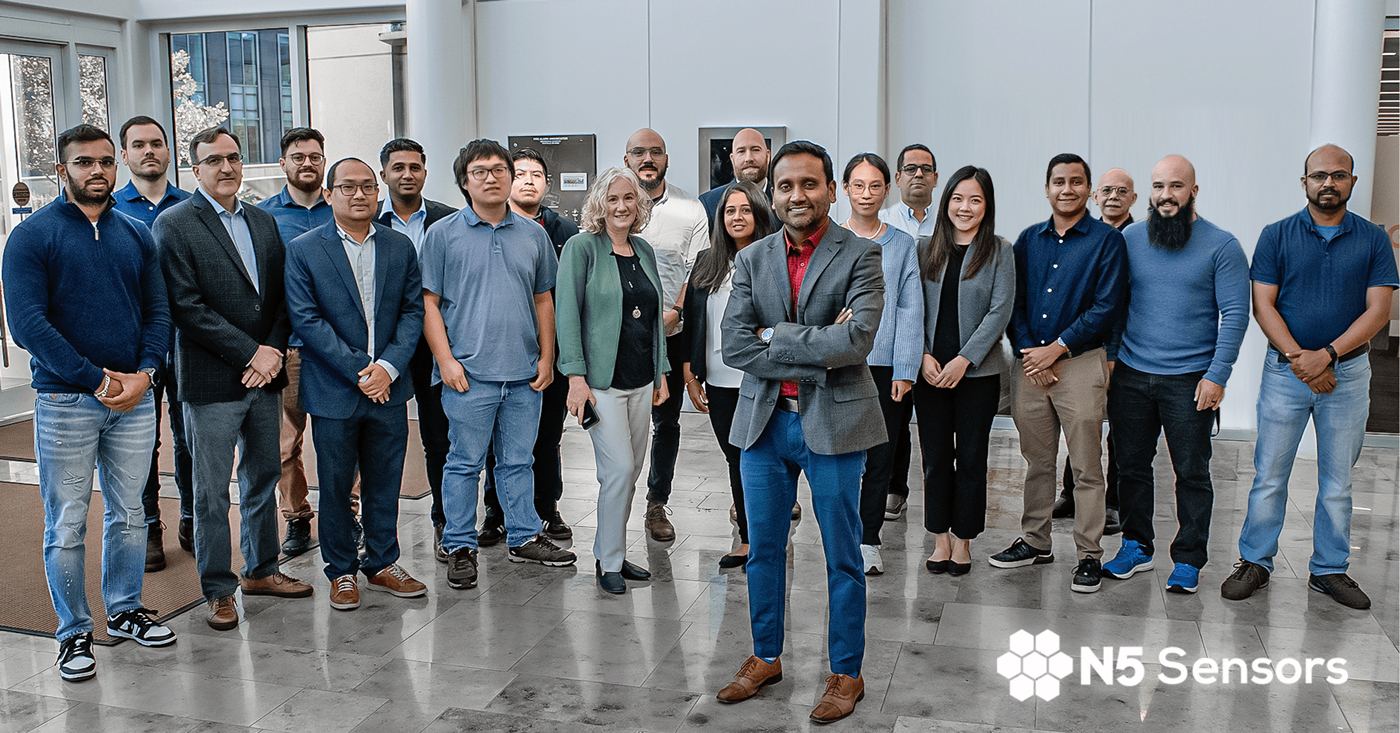
N5 Sensors’ mission is to keep people safe from environmental hazards through a cloud-connected ecosystem of smarter sensors and by leveraging shared data and AI.
The company’s wildfire detection platform, called N5Shield™, deploys networked, ground-based Internet of Things (IoT) sensors that rapidly detect and track the precise location of fires. The sensors are budget-friendly, small, easy to install, and are both solar- and battery-powered. The system provides real-time alerts without the need of a mobile cellular service.
The N5Shield™’s accompanying system is an end-to-end architecture that leverages cloud-connected smart sensors collecting data non-stop, combined with artificial intelligence, an intuitive dashboard, and real-time alerts.
The product can also detect hazardous air quality levels and measure the presence of nitrogen dioxide, ozone, volatile organic compounds (VOCs), chlorine, ammonia, hydrogen sulfide, and flammable gasses, including hydrogen.
The product can also detect hazardous air quality levels and measure the presence of nitrogen dioxide, ozone, volatile organic compounds (VOCs), chlorine, ammonia, hydrogen sulfide, and flammable gasses, including hydrogen.
With installations in 15 U.S. states and four Canadian territories, N5 Sensors’ N5Shield™ protects 1 million acres of land and has provided 185 fire alerts and 1,588 air quality warnings.
Company Founder and CEO Abhishek Motayed developed N5 Sensors’ technology jointly with the National Institute of Standards and Technology (NIST) while serving as a research faculty member at UMD’s Institute for Research in Electronics and Applied Physics (IREAP). N5 licensed the technology from the university.
With 31 employees, N5 Sensors has two locations in Rockville, Md. The company participated in one of the first I-Corps cohorts in the DMV area.
N5 Sensors has engaged in seven MIPS projects, including three two-phase projects: “Chip-Scale Chemical Sensors for Smart Phones” (two phases), “A Digital System-On-Chip CO2 Sensor” (two phases), “Advanced Wildfire Detection using Multiple Sensing” (two phases), and “Advanced Chemical Sensor Array ML.”
Programs:
MIPS, I-Corps, CBSCF
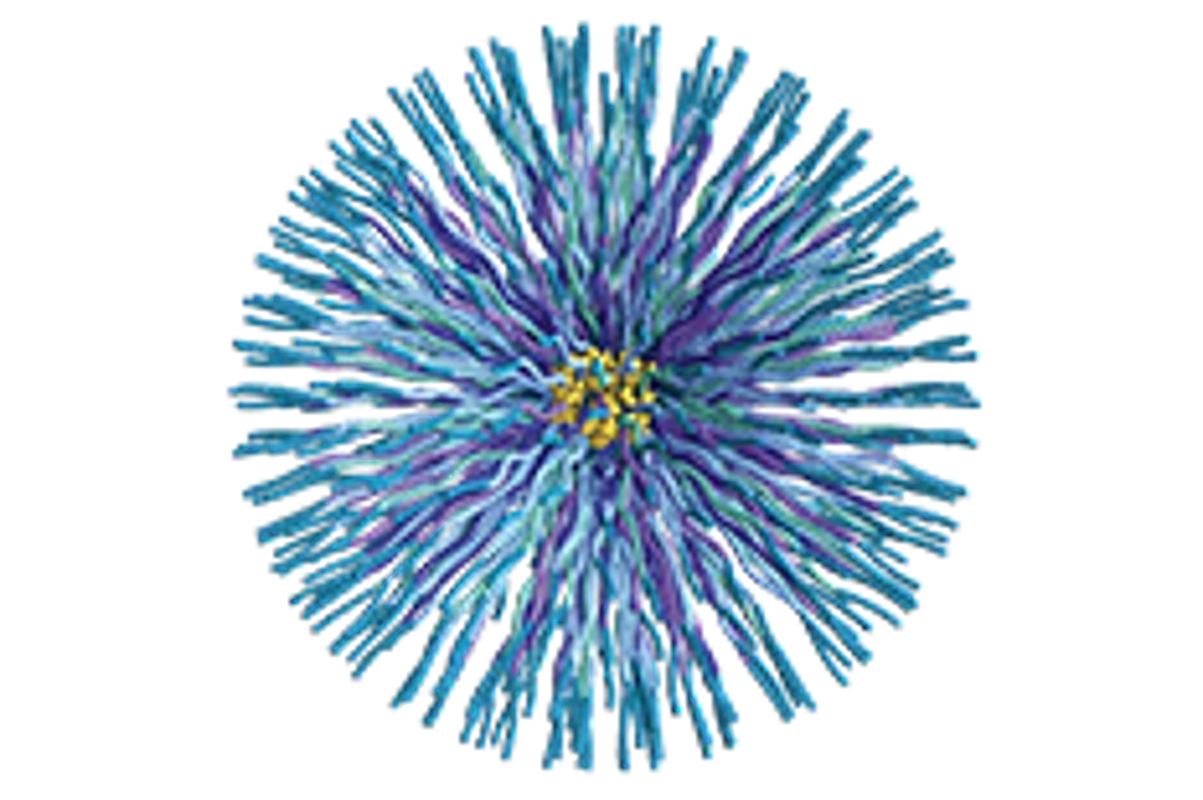
Avidea Technologies develops the next generation of safer and more effective T-cell immunotherapies for treating cancer, infections, and autoimmune diseases.
Avidea’s MIPS project partnered
Christopher Jewell, MPower Professor and Minta Martin Professor of Engineering in the Fischell Department of Bioengineering, with the company for research on the treatment of autoimmunity with nanomaterials.
The company was acquired by Vaccitech in 2021, but remained in Maryland.
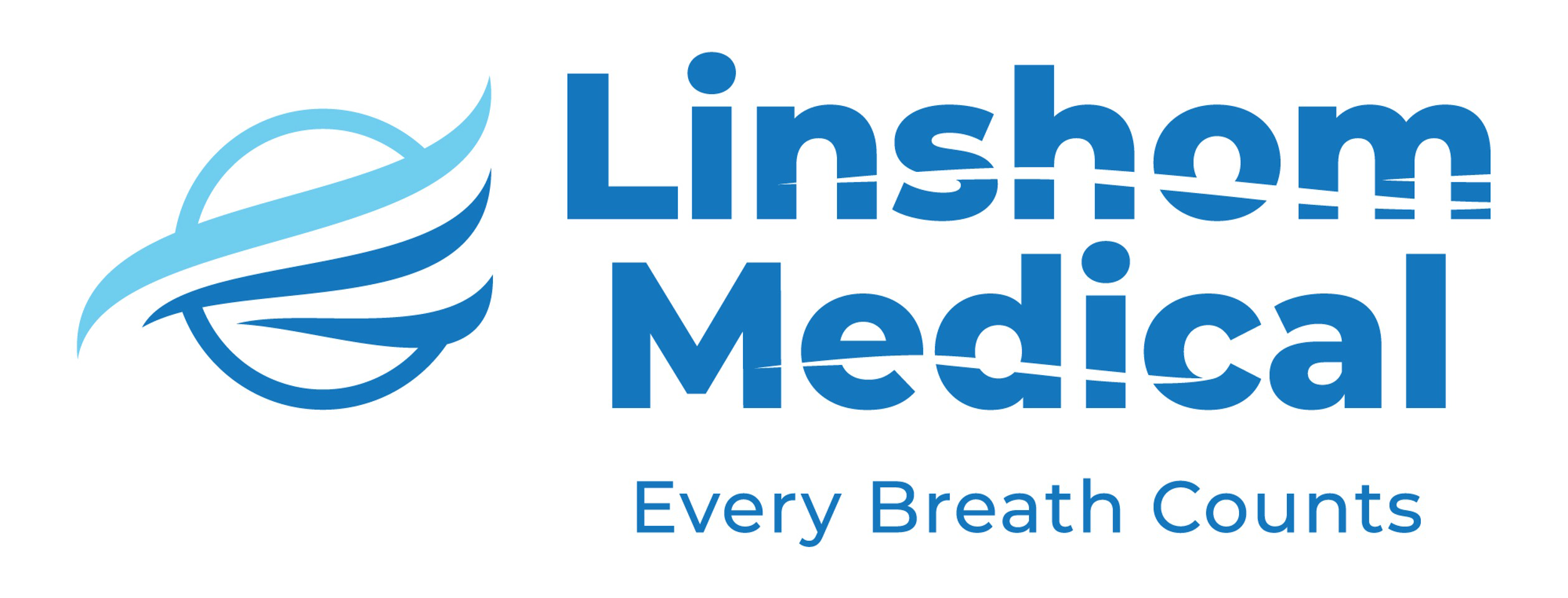
Linshom Medical is the first company to deliver a wearable, FDA-cleared, operating room-quality respiratory profile to the patient’s bedside. This provides early warning of respiratory problems and may help avoid costly rapid response activations, rescue events (codes), ICU transfers and deaths.
The company’s MIPS project, “Advanced Prediction of Respiratory Depression Episodes with Linshom Continuous Predictive Respiratory Monitoring (CPRM),” evaluated the Linshom Medical device's ability for the early detection of patient respiratory decline in the post-anesthesia care unit. Samuel M. Galvagno, executive vice chair of anesthesiology and interim chair, Department of Anesthesiology, UMB, led the effort as the principal investigator.
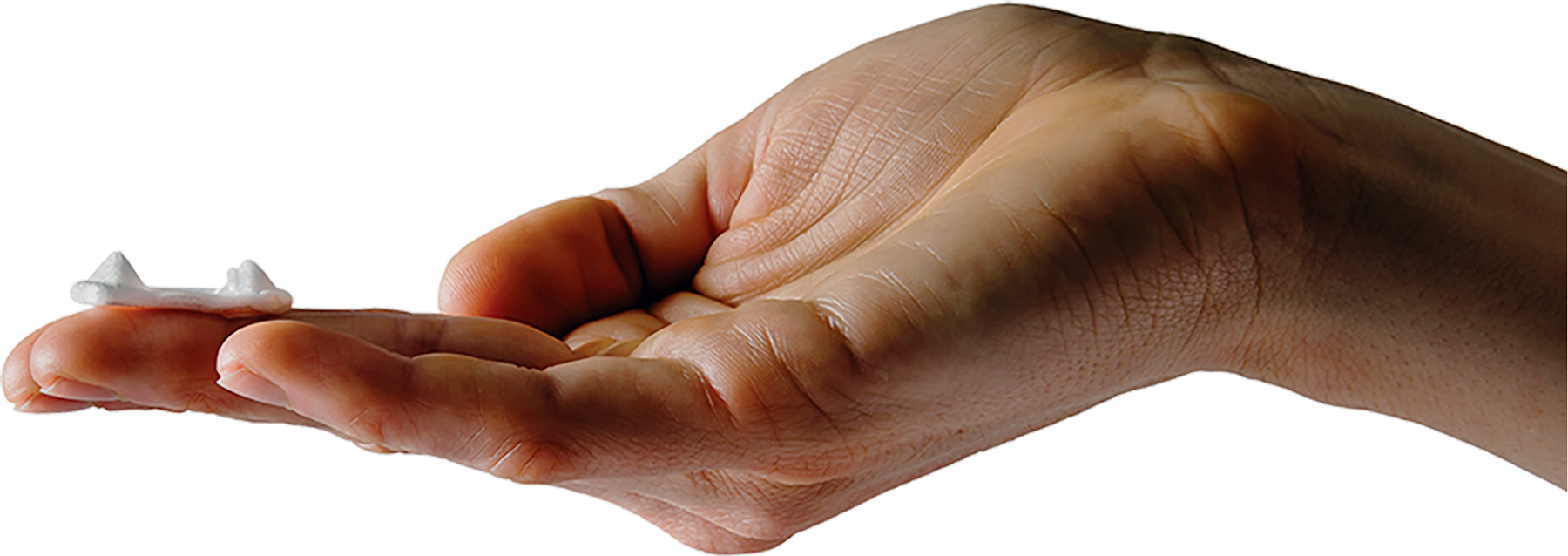
Sonavex, a Baltimore-based medical device company spun out of Johns Hopkins University, simplifies hemodialysis patient care through a portfolio of novel ultrasound technologies that provide critical visual and quantitative data to improve patient outcomes and reduce costs.
Many hemodialysis patients rely on central venous catheters (CVCs)—long, flexible tubes, often inserted in the neck, that lead to a large vein connected to your heart. CVCs allow direct access to the bloodstream for patients requiring frequent treatments. Unfortunately, these catheters can lead to dangerous bloodstream infections, putting patients at high risk of becoming gravely ill and increasing mortality.
Arteriovenous fistulas (AVFs)—surgically created connections between arteries and veins—are a safer alternative to CVCs, but need to mature to an adequate size and flow rate prior to use. Currently, ultrasound is used to determine whether the AVF has matured, but these exams cannot be performed in the dialysis clinic. Instead, patients must travel to separate appointments to a vascular lab, where trained ultrasonographers can assess the AVF. Unfortunately, compliance with these visits is less than 33 percent, which leads to a delay in decision-making and extended reliance on CVCs.
Sonavex’s patented EchoMark & EchoSure System utilizes a bioresorbable implant and ultrasound device that work together to simplify the process of monitoring AVFs, so much so that all medical professionals, not only those specially trained to use ultrasound, can assess hemodialysis patients. By enabling care team members to monitor AVFs directly in a dialysis clinic, rather than requiring patients to go to special ultrasound technician offices, the company believes they will be able to improve patient outcomes and lower the costs of treatments.
Their bioresorbable implant, the EchoMark, is highly echogenic, making it easily visible on ultrasound. Placing the implant at an AVF site allows care team members to easily locate the vein via ultrasound and begin collecting data.
EchoSure is an artificial intelligence-enhanced ultrasound device that, working with the EchoMark through proprietary algorithms, provides users with the AVF flow rate, diameter, and depth, all necessary parameters in evaluating a fistula’s maturation.
By simplifying the collection of AVF data and making ultrasound more accessible, Sonavex hopes to limit the number of people using catheters, reducing infections and other complications. The company is currently running a clinical trial on their EchoMark device, and is working toward a new FDA clearance.
Funding:
Since inception, Sonavex has raised $34 million in equity and grant funding, including a $90,000 Maryland Industrial Partnerships grant in 2016. The company also participated in an I-Corps Short Course at George Washington University in the fall of 2014.
Programs:
MIPS, I-Corps
“We would not have been able to afford the work done through MIPS with an outside lab. We would not have had the cash without the MIPS grant. It was a pivotal study leading to our FDA submission.”
—David Narrow, CEO, Sonavex
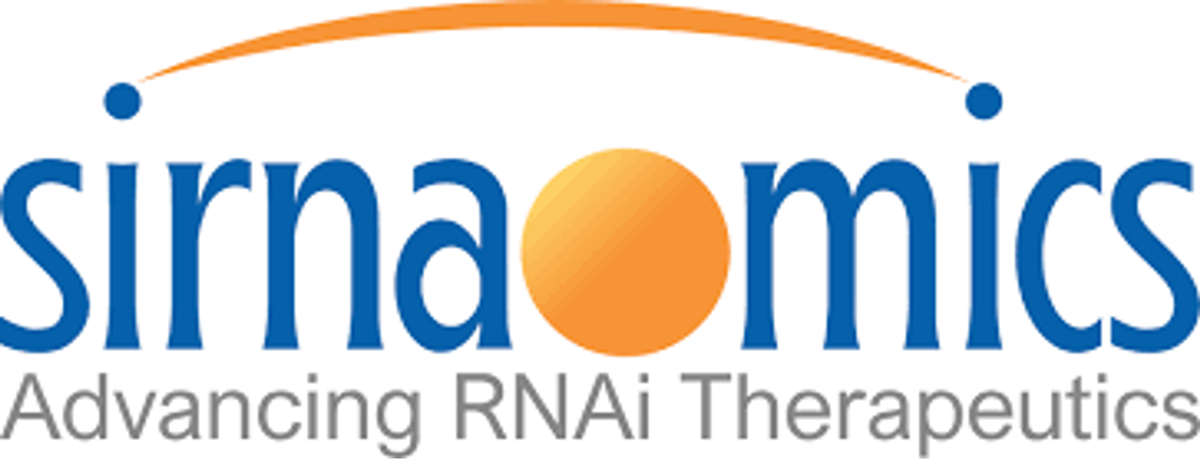
Sirnaomics is a clinical-stage RNA therapeutics biopharmaceutical company that is discovering and developing innovative drugs for indications with significant unmet medical needs in areas such as cancers, skin conditions, fibrosis-related diseases, antiviral and cardiometabolic diseases, and medical aesthetics.
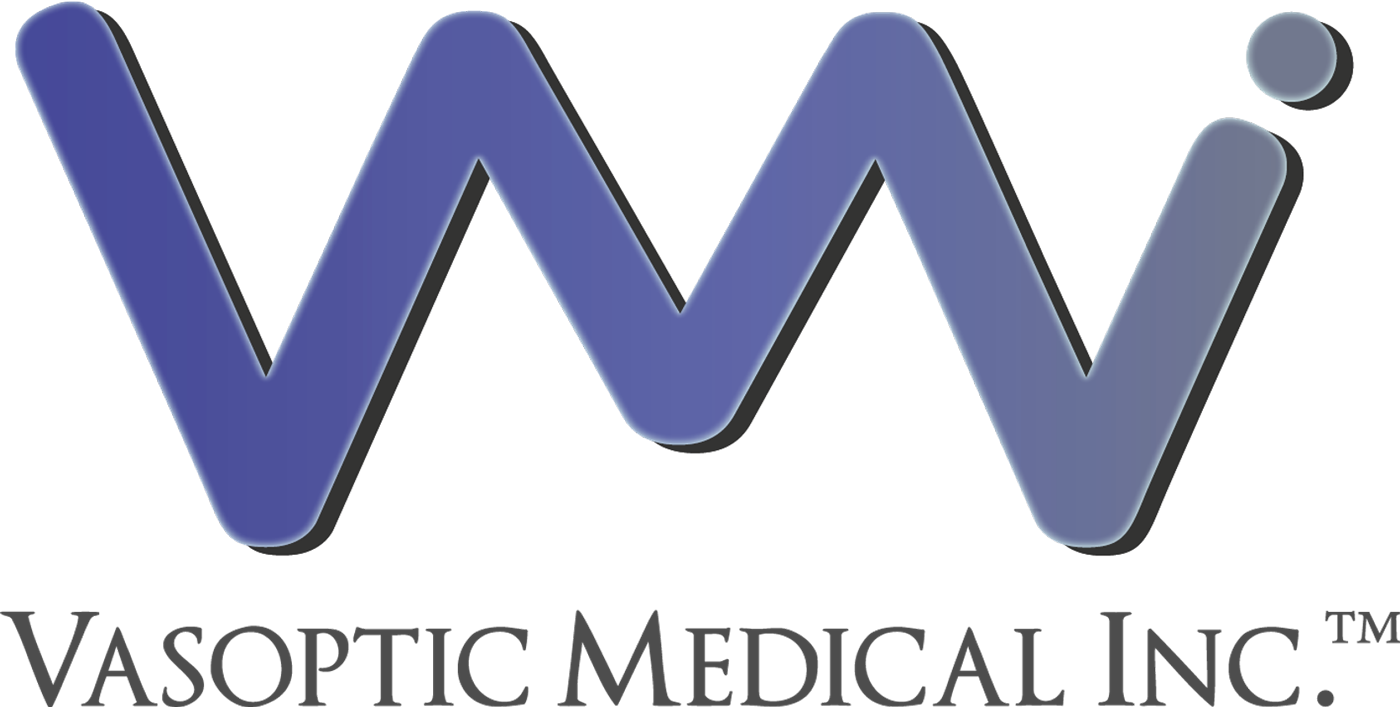
Vasoptic Medical is a medical device company that has pioneered optical imaging technology for the noninvasive monitoring and visualization of tissue blood flow data.
More Leading Products Aided by MIPS Projects
Browse a special collection of successful MIPS projects in the MIPS 30th anniversary commemorative book.








